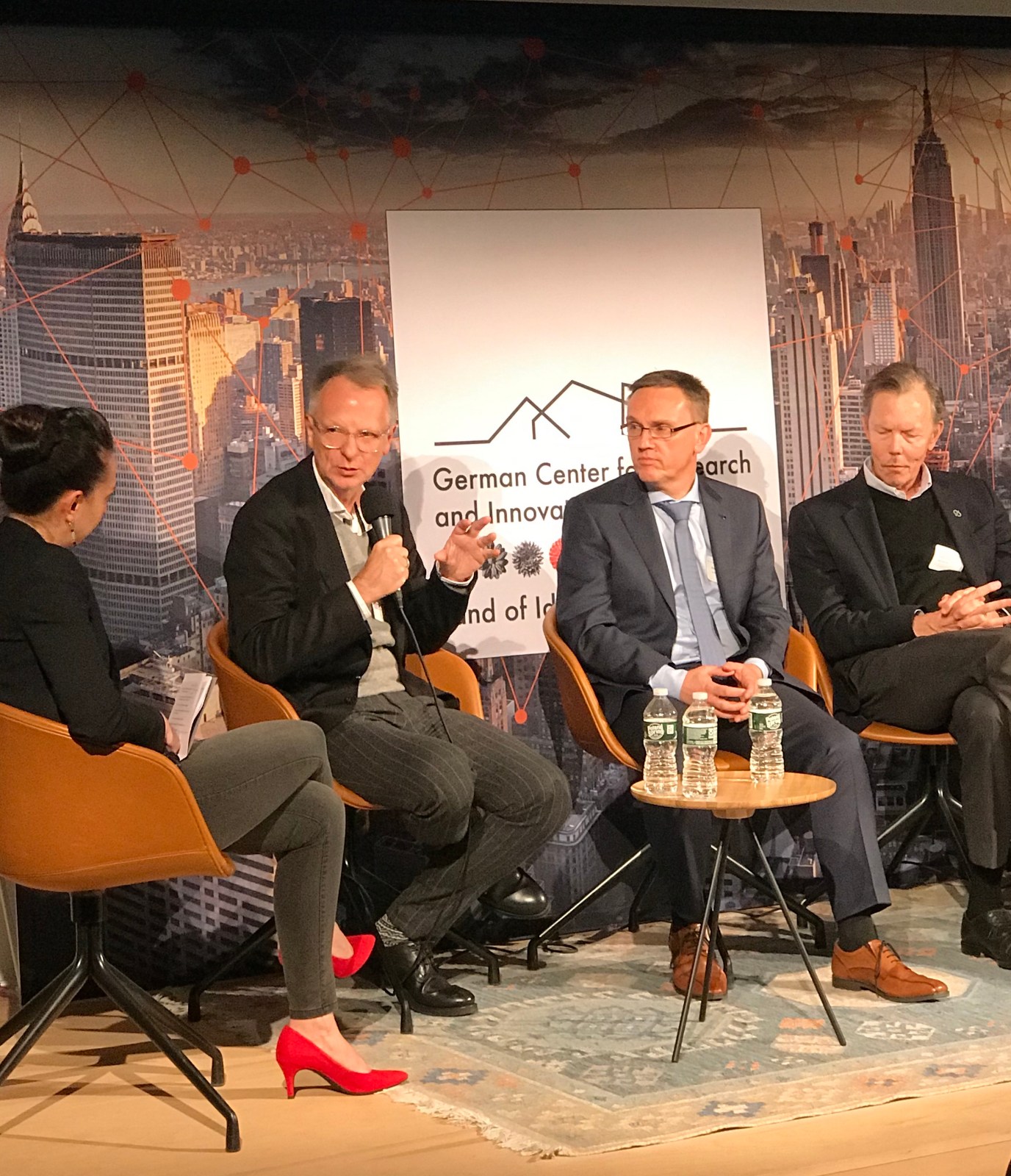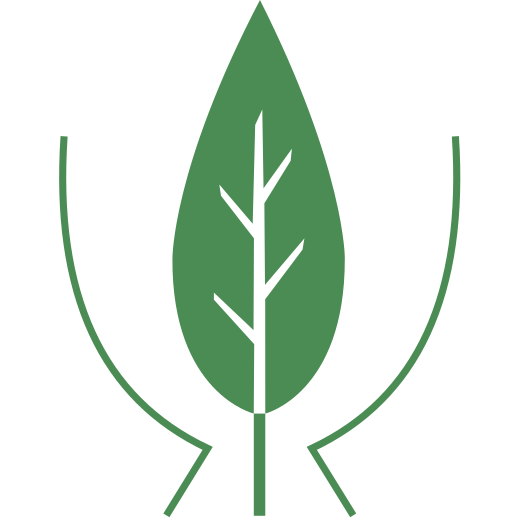As Hoffnungsbaum representative at the Autophagy Congress in New York
Video of the public part of the event: DWIH New York - ARDA Workshop 2019
During the conference on autophagy in Tübingen in September, I was invited by Prof. Christian Behl, head of the Institute of Pathobiochemistry at the University of Mainz, to a workshop in New York on October 24, 2019.
This Meeting with the title "Alzheimer's, Related Disorders and Autophagy" brought together for the first time outstanding scientists from Germany and the USA in the fields of the most common neurodegenerative diseases such as Alzheimer's, Parkinson's, Huntington's and ALS to discuss the differences and similarities between these syndromes. In particular, the Cell process of autophagy which is likely to play a significant role in many of these diseases.
This rather new approach is being taken because, even after many years of research, previous attempts to combat these diseases have been largely unsuccessful. Another reason is that there are often already findings on certain aspects of a disease, but these have been achieved in other fields of research and researchers from neighboring disciplines know little about them. This is certainly also true for NBIA and BPAN if you look at research into other neurodegenerative diseases and autophagy.
Mr. Behl had invited me to talk about a neurodegenerative disease that is not caused by ageing, but by a genetic defect. Among the NBIA variants, there are some in which autophagy is impaired. These include BPAN, for example. However, a connection to autophagy is also suspected in MPAN. As the father of a daughter with BPAN, this was of course a great opportunity to learn about the latest advances in research, but also to make new contacts. It so happened that I met Sarah Chisholm, mother of a daughter with BPAN and energetic activist who founded the "BPAN Warriors" initiative in the USA.
The one-day workshop consisted of 14 presentations and plenty of room for discussion. As was to be expected, I didn't understand everything, but I was able to pick up on some interesting details for Hoffnungsbaum and NBIA. For example, in addition to autophagy, there is also mitophagy. While autophagy generally identifies and captures dysfunctional and harmful cell components and breaks them down into their building blocks, mitophagy focuses on the mitochondria, i.e. the power plants of the cells. Special receptors distinguish between diseased and healthy mitochondria. Both processes take place in different areas of the brain cells.
It was also mentioned that a malfunction of autophagy can lead to an excess of calcium in the brain cells. This makes them more sensitive to electrical stimuli, which could be a cause of epilepsy. Laboratory experiments have shown that calcium blockers can normalize the irritability of these cells. One result was particularly exciting, as genetic mutations apparently cause so-called "crosstalk" to other bodily functions beyond the processes directly controlled by the gene and the disease syndromes. For example, there is clear evidence that the sense of smell is altered in connection with impaired autophagy - at least in nematodes. Other impairments cannot be ruled out.
Some presentations dealt with clinical applications and studies. It was shown that studies on the treatment of Alzheimer's disease also fail because the previously defined success criteria (clinical endpoints) were not achieved. An important lesson from these trials is to start with early forms of the disease and to include as many different subgroups as possible in the study. A meaningful patient register with as many cases as possible is essential for this. This also applies to NBIA diseases, for which an international NBIA patient registry already exists.
Finally, I was able to give a short presentation on the work of Hoffnungsbaum e.V. as well as NBIA and BPAN. This presentation was met with great interest. Afterwards, several participants approached me and gave me tips on helpful contacts or strategic approaches to developing therapies.

Photo: DWIH New York - ARDA Workshop 2019
The workshop concluded with a 90-minute public event. In addition to three generally understandable presentations, it consisted of a panel discussion in which I participated as the only representative of a patient organization. The discussion was divided into a moderated section with specific questions and a public Q&A session. Here I was obviously able to impressively describe the necessity of patient organizations such as Hoffnungsbaum as well as the course of BPAN. Prof. Behl confirmed that my contribution had been very important. Our contact will continue in the future.
Overall, the short trip to New York was a success. I was able to gain many new impressions about the details of autophagy and generate some interesting contacts that could certainly be helpful to us in the future.
